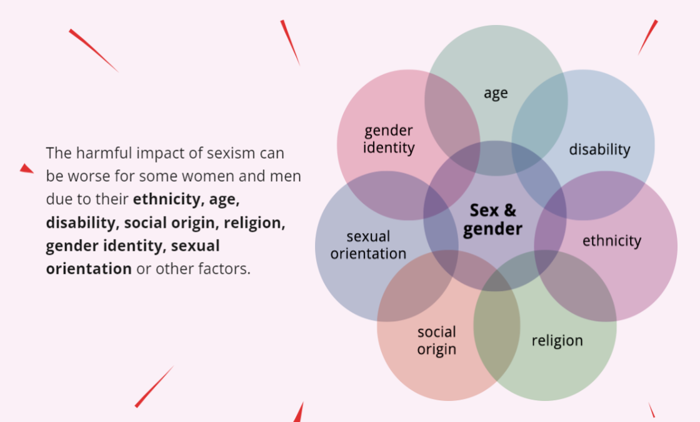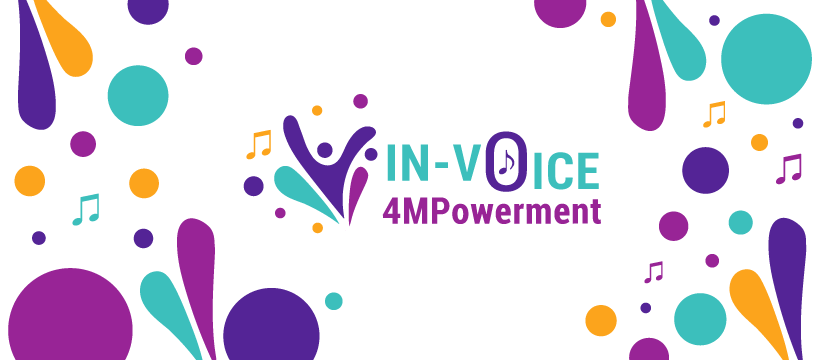Topic 1: Privilege and Power
Let’s examine our own privileges
- What type of person is viewed as normal?
- Who is allowed to influence and make important decisions?
- Which people are grouped together based on certain attributes?
- Which people feel more ‘welcome’ in the society?
- Which obtain the highest positions?
- Which tend to be best positioned in employment situations?
- Which people tend to have easier access to public services, etc.
Following discussion based on the above questions, you can initiate similar ones within the choral context/setting that you work.
E.g. Who is allowed to make important decisions in our choir?
Power
The capacity to make decisions. All relationships are affected by the exercise of power. When power is used to make decisions regarding one’s own life, it becomes an affirmation of self-acceptance and self-respect that, in turn, fosters respect and acceptance of others as equals and allows all people the maximum level of wellbeing. When used to dominate, power imposes obligations on, restricts, oppresses and makes decisions about the lives of others. Power Relations refer to the way people, groups, or countries are connected behave towards each other, and therefore, the way power is distributed to the different levels of society
Privilege
Refers to certain social advantages, benefits, or degrees of prestige and respect that an individual has by virtue of belonging to certain social identity groups. Within Western societies, these privileged social identities—of people who have historically occupied positions of dominance over others—include whites, males, heterosexuals, Christians, and the wealthy, among others
Source: AHDR(2023). A Space of our own: A Handbook on Gender and Monuments in Intersectional Public Spaces
How to address our own privilege
Source: Unpacking the invisible knapsack- Peggy McIntosh
- Admit and acknowledge your own privilege
- Admit that racism, sexism, homophobia/transphobia and other forms of discrimination exist
- Very real present-day discriminations arise from social and institutionalized discriminatory practices
- Observe how others are treated.
- When you walk into a room, bar, club, whatever notice the ‘profile’ breakdown of the crowd.
- Getting in the habit of noticing who is around you (and who isn’t around you) is easy and promotes general awareness
- Stop thinking of your opinions as objective or the “right way.” Instead acknowledge your perspective as coming from a more privileged experience. Realize that people of other identities may see things differently than you for good reasons.
- Reflect on the prejudices you grew up with, and then get over them.
- Listen, really listen to a person of a marginalized identity.
- When a person is sharing their experiences, resist any urge to jump in and minimize or excuse their feelings. Don’t make it about you or what you are feeling in reaction to them.
- Don’t try to fix that person or change their mind.
- Do not get defensive
- Honor their experiences
- Understand that experience trumps opinion. Remember that people with marginalized identities have experience with oppression/discrimination that privileged identities will never have
- Honor outrage: Remember that talking about things or speaking out and being heard is a good way for people to heal from trauma.
- Do not silence or stifle the voices of ‘other’ people
- Stop allowing yourself to be brainwashed into believing stereotypes.
- Change your thinking. Turn things around.
- Practice empathy, acceptance, respect
- Learn about other cultures, not by asking questions but by spending time with people (without interrogating them).
- Put yourself into environments predominantly attended by people that are different than you/diverse identities so you can get to know them
Think of a specific environment and make your own notes and discuss in your group with regards to the following three:
Most privileged – Some privileges – Less priviledges

